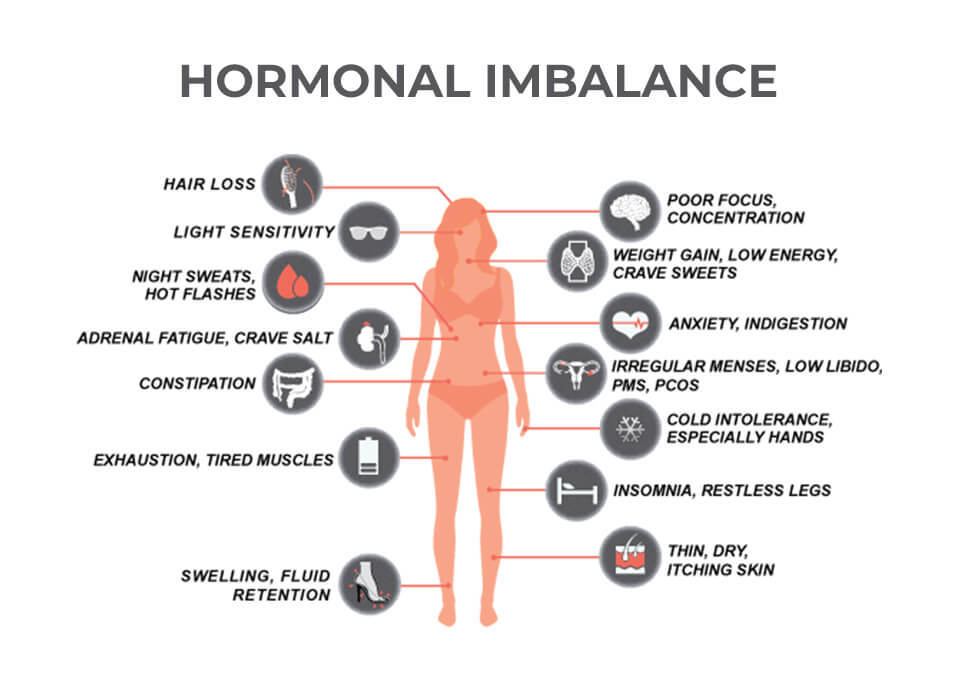
Nature has a great way of letting a woman become capable of nurturing her own baby. Having the ability to produce food for the baby even before he or she is essential. However, every woman has a different experience when it comes to milk production. Some women suffer from overactive letdown during pregnancy and most of them are worried that this may continuously happen when the baby is born.
What is an overactive letdown

According to the National Health Service, it is perfectly normal for pregnant women to start leaking. The body begins to produce milk months before the baby is due. Experts say that the substance is known as colostrum, which is the first milk that comes out. It is something that pregnant women should worry about unless it becomes a nuisance to you. There are some women who are suffering from lactation delay or those who have yet to produce milk. In some cases, mothers are having trouble with their milk supply. However, there are women who are suffering from an overactive letdown.
Read also: Breastfeeding facts should you be worried about bleeding nipples
An overactive letdown or hyper-milk ejection occurs when there is a forceful release of milk from the breasts. Some women may experience this during their first breastfeeding session, but there are some women who experience OALD even before they give birth. Expressing breastmilk is normal for pregnant women who feel the pain of having full breasts. A few experts believe that this may be one of the possible causes of an overactive letdown, but so far there is no research that can prove it.
An overactive letdown usually occurs when the baby is already sucking for mother’s milk. There are tiny nerves present on the nipple and areola, which acts as a stimulant so the baby can get the milk out. A hormone called oxytocin will be released from the brain and it will send a signal to the milk-making tissue to let the milk be extracted.
Causes of an overactive letdown

There are a couple of reasons why an overactive letdown can be felt.
- A woman’s body has a tendency to produce too much milk or also known as an oversupply which can be a big sign of an overactive letdown.
- According to Patrick Duff, and ob-gyne from the University of Florida, this can be caused by hormonal imbalance. The prolactin levels are rising so the breasts cannot wait to be filled up with colostrum. Duff also said that even if the placenta already made estrogen, it cannot always suppress the milk because of the hormonal imbalance.
- Dr. Sharon Phelan of the University of New Mexico Health Science Center School of Medicine also stated that when the nipples get stimulated, whether it is by foreplay or by having the clothes rubbing against it, milk-like fluid can come out.
Read also: The ultimate reasons why moms chose not to breastfeed
- However, an overactive letdown is more common for mothers who have already given birth because of the constant sucking from breastfeeding.
Signs of having an overactive letdown

- An overactive letdown usually occurs without getting noticed by the mother. Some mothers usually only notice it when their baby changes their suckling movement. A deeper sucking motion that can sometimes be in rhythm can be a huge sign.
- You may notice that your other breasts may leak even if your baby is feeding on the other side.
- The sudden feeling of thirst, breast fullness, and a slight pain can also be felt.
Your baby may also give you an indication that you might be having an overactive letdown.
- Coughing or gagging while breastfeeding
- Constantly spitting up milk
- Uncomfortable and unsettled
How to handle it

If you think you are suffering from an overactive letdown during pregnancy, it is best to consult your doctor. He or she will most likely refer you to a lactation specialist. However, there are a couple of ways that you can get relief if you do not feel comfortable getting professional help. One of the best ways to find relief is to hand express or pump some of the milk out. Keep in mind that pumping too much can trick your body into thinking that it needs more, so try not to overdo it.
Effects on the baby
The only way you will be able to figure out how an overactive letdown can affect your baby is once he or she starts to breastfeed from you.
Read also: Spoiled breast milk and how to deal with it
Experts say that when a baby consumes large quantities of milk in a short period of time, it can lead to reflux because of the gas. This can definitely make your baby feel uncomfortable. However, there are cases when your baby will be the one who can adjust with the forceful letdown since their instinct will let them learn how to cope with it. One big sign that your baby is taking in air while you are breastfeeding is when you hear a clicking sound or like a massive gulp.
A great way to help your baby is to use a muslin cloth. This has been proven and tested by a lot of breastfeeding mothers. The muslin cloth will serve as the catch basin since you have to spray the excess milk onto it before you let your baby feed again. This is something that does not work for every breastfeeding mother, but there is no harm in trying.
You may also try to feed your baby while holding him or her in the upright position. This way the milk flow can slow down a little. You may try some different breastfeeding techniques online and figure out which position will benefit you and your baby the most.
Read also: What are the essential things to know about the dental health of breastfeeding
Once your baby is here, it is best to consult a lactation consultant to ensure that you know exactly what is best for you and the baby. It can be stressful for you to not be able to feed your baby properly because of an overactive letdown. Having postpartum depression is not something you want to deal with just because of it. It is also ideal if you read a lot of forums online that talk about an overactive letdown. Breastfeeding mother likes you will be able to share some tips from their personal experience. This support group will make you feel better since you know you are not going through it alone
Read also:
- Spoiled Breast Milk and how to Deal with it
- Overactive Letdown During Pregnancy: How to Deal With It?
- The Overactive Letdown During Pregnancy: Signs and Solutions


